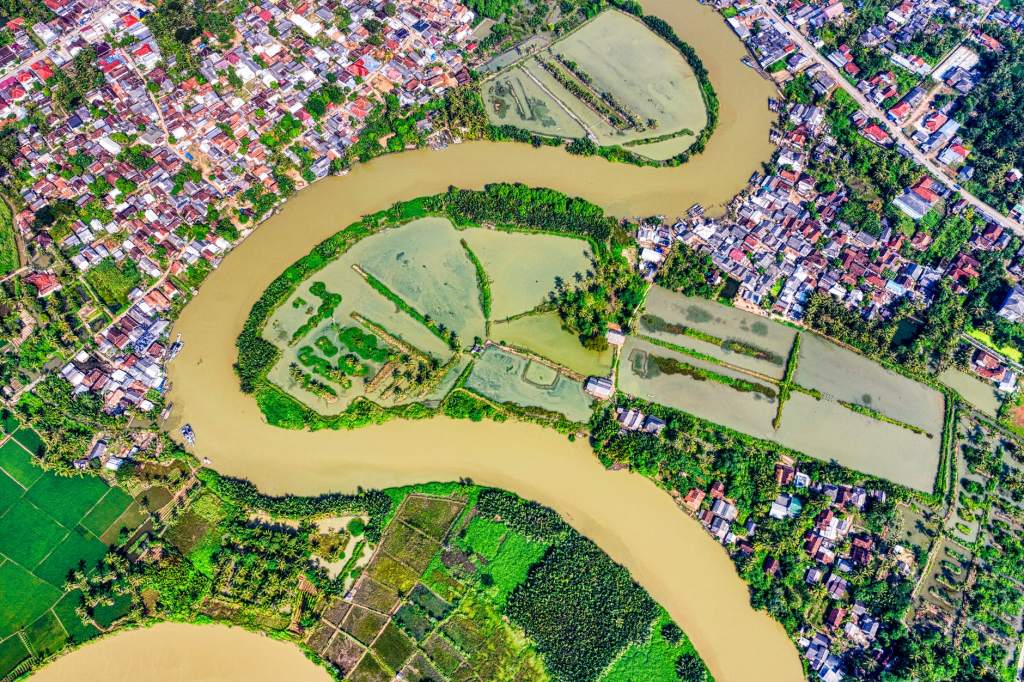 Share this!
Share this!This year’s AER Autumn Committee Plenaries in Podčetrtek (SI), will start off with a conference on Cohesion & Contrasted Regional Realities.
Disparities within regions can hamper sustainable regional development by generating tensions and leading to difficult choices between for instance innovation on the one hand and equal provision of services on the other hand.
A holistic approach to regional development is therefore needed. Place-based strategies, participatory approaches, and multilevel governance are of major interest in this context. At the same time, international cooperation provides opportunities for mutual learning and knowledge flow.
A shift towards inclusive growth policies
According to the OECD, the GDP per capita dispersion is now greater within countries than between countries which means that the different national economies have converged but within countries, regions have diverged.
The European Union counters regional disparities in particular through cohesion policy and next to strengthening economic and social cohesion, the European Commission introduced a new dimension which is territorial cohesion. With each new country joining the EU, territorial cohesion received more and more importance focussing on different issues:
- Ensure having the same quality of life in all the territories.
- Capitalise on the strengths of each territory to contribute sustainably to the whole of Europe.
- Manage the positive and negative impacts of cities and regions. An example of positive and negative impacts would be that cities would like to intensify innovation and productivity but, at the same time, cities increase pollution and social exclusion.
- Develop cooperation over administrative borders between regions and countries, or even between urban and rural territories, to tackle transversal challenges such as climate change or traffic congestion.
A policy shift towards inclusive growth policies constructed through an appropriate governance system could counter the development of diverging regions. Inclusive growth policies would integrate policy packages that address both physical/environmental capital and human/social capital to foster equity and cohesion in cities and regions. Key actors involved in such policies would be partnerships across levels of government, as well as partnerships between public and private spheres, and civil society.
Sharing experiences
The conference will explore the topic of regional development in the face of contrasting regional realities and take the Sustainable Development Goals as a framework, in particular:
- GOAL 3: Good Health and Well-being
- GOAL 6: Clean Water and Sanitation
- GOAL 9: Industry, Innovation, and Infrastructure
The following speakers will share their experience:
- Lilijana Madjar, President, Development council of Cohesion, region Zahodna (West-Slovenia)
- Ivan Žagar, President, Development council of Cohesion, Host region Vzhodna (East-Slovenia)
- Luc Paque, Director, European Union External Relations, Wallonia, BE
- Ronan Mac Con Iomaire, Director of Community Development and Language, Udaras na Gaeltachta, (IE) tbc
Join the conference to learn from our speakers’ experiences and get various insights on the topic of regional development and territorial cohesion.
Photo by Tom Fisk on Pexels.
